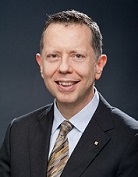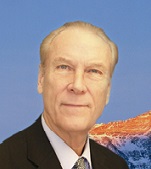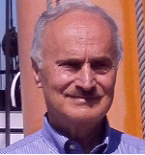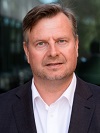Day 1 :
Keynote Forum
Vincenzo Piuri
Università degli Studi di Milano, Italy
Keynote: Computational intelligence technologies for ambient intelligence

Biography:
Abstract:
Keynote Forum
Erwin E Sniedzins
Mount Knowledge Inc., Canada
Keynote: Automatic reduction of global and personal data overload
Time : 10:20-11:00

Biography:
Abstract:
Keynote Forum
Paolo Rocchi
University Luiss Guido Carli, Italy
Keynote: Intelligence’s origin and theoretical modeling
Time : 11:15-11:55

Biography:
Abstract:
- Artificial Intelligence | Artificial Neural Networks | Deep Learning | Bioinformatics | Computational Creativity | Parallel Processing | Self Organising Neural Networks
Location: Laine
Session Introduction
Dean Armitage
The Farsighted Company, USA
Title: Is the dawn of singularity the sunset for humanity: The need for singularity oversight for the continuance of humanity

Biography:
Abstract:
Esteve Almirall
Ramon Llull University, Spain
Title: From competing on analytics to competing on models

Biography:
Abstract:

Biography:
Abstract:
Andrea Burgio
ESIEE School of Engineering, France
Title: Markov meets Schrödinger: rebranding uncertainty and the fear factor

